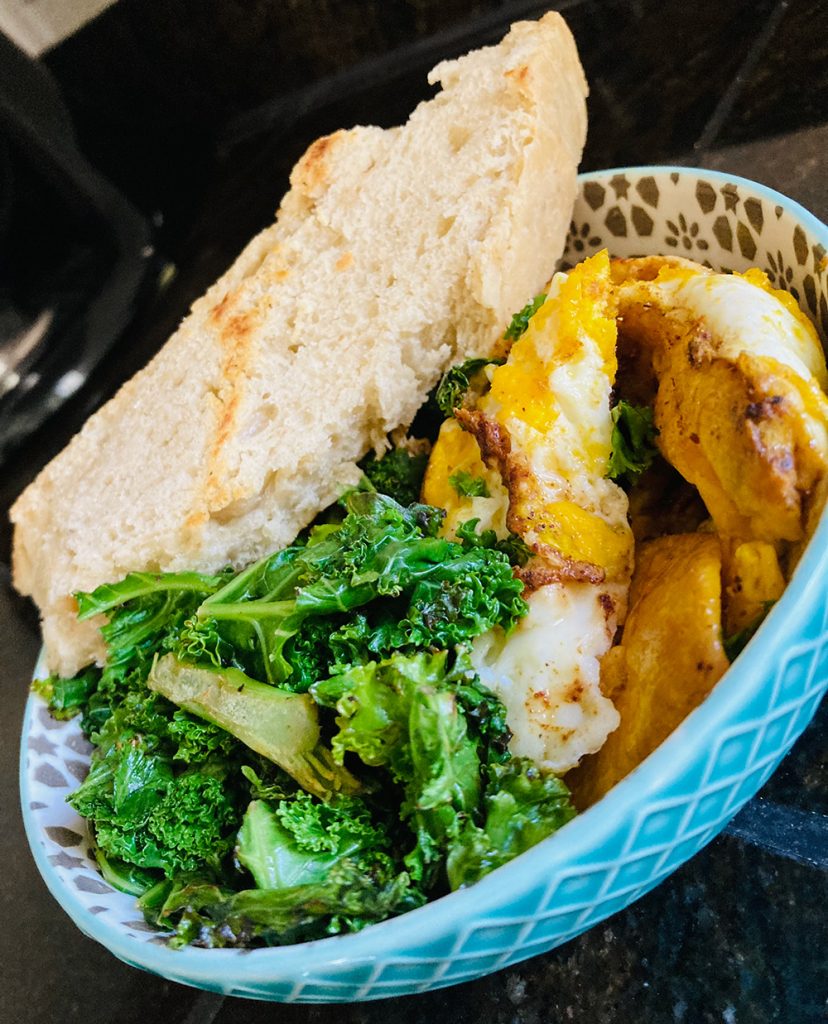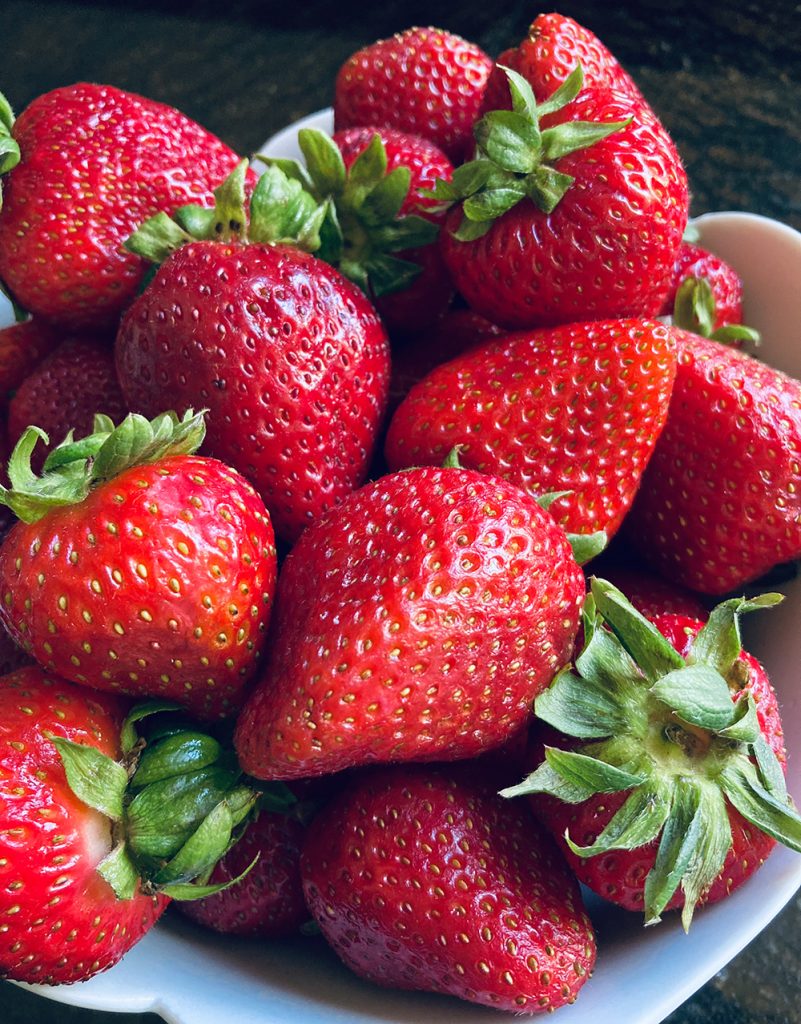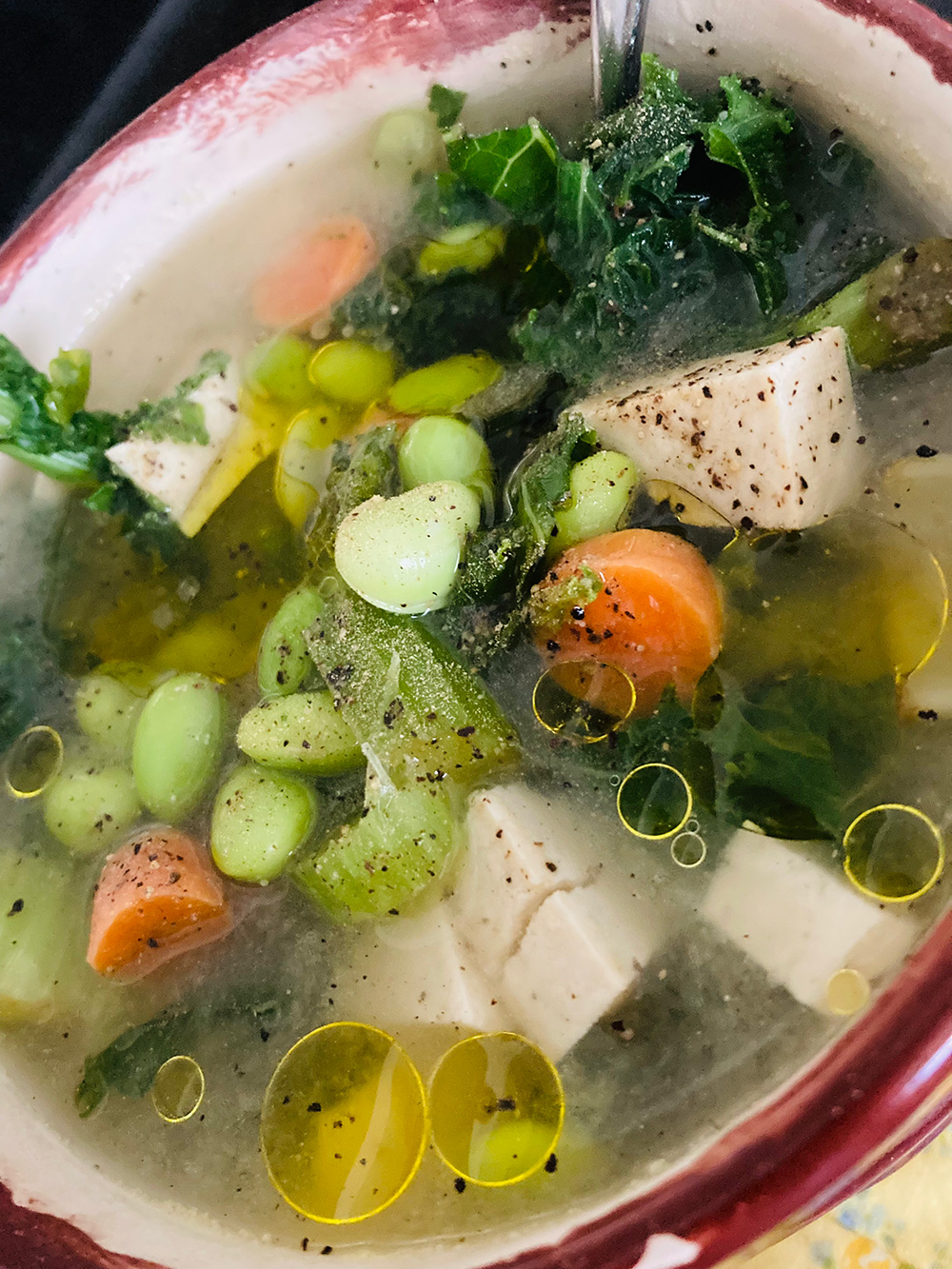
Eating for Energy
Eating for energy and clear headedness can be tricky. But, if you pay attention to your body’s signals after you eat, you will be able to learn what foods reward your body with high energy levels, and conversely which foods punish your body with sluggishness and a foggy brain.
Through a lot of trial and error, our family found we feel best when eating a mostly vegetarian diet, filled with high ANDI score and low-FODMAP foods. We also try to avoid sugar and high glycemic foods as much as possible.
Eat to Live
Nutrition experts tell you to “eat the rainbow”, but first it is helpful to know if you have food allergies or sensitivities. We can share from experience – knowing what your body doesn’t like will help you eat the right foods to help you feel your best.
Because everyone in our family has different dietary needs, we each prepare our own meals. Some of our most enjoyable times together as a family are spent tripping over each other in the kitchen, then sitting in a circle on the living room floor to eat (because sitting in chairs is uncomfortable.)
Oh, and we don’t consume alcohol. Go figure, but despite the “research” claiming that alcohol has health benefits, it provides absolutely nothing in the direction of sustainable physical, emotional, or financial health.


ANDI Score
Do you want to feel amazing? Choose foods ranked high on the Aggregate Nutrient Density Index (ANDI). Developed by Joel Fuhrman, M.D. This comprehensive guide ranks foods from 0 (think sugar) to 1000 (think kale), and is what we have found to be helpful in making wise food choices.
You can read more about ANDI and Dr. Fuhrman here.
Low FODMAP
Sometimes eating your veggies is not enough. Those with sensitive bellies (SIBO, IBS, etc.) benefit from narrowing their food choices further to give their body’s good gut bacteria a chance to promote health.
You can learn more about the low-FODMAP diet here.
Mostly Vegetarian
Whether for ethical, environmental, or health reasons, eating a mostly vegetarian diet undoubtedly has numerous benefits. We feel lighter on our feet- literally, and we save a lot of money not buying meat. We eat eggs and dairy on occasion (and chicken on an even rarer occasion), but most of our protein comes from soy, legumes, nuts, and seeds.
The argument that you can’t get enough protein from vegetarian sources is incorrect, and the myth that eating meat is necessary is asserted by the various meat-producing entities lobbying Congress for financial subsidies in exchange for constituent support.
Not convinced? Read more about vegetarian and vegan lifestyles in the large centenarian populations of the Blue Zones on their website here.

